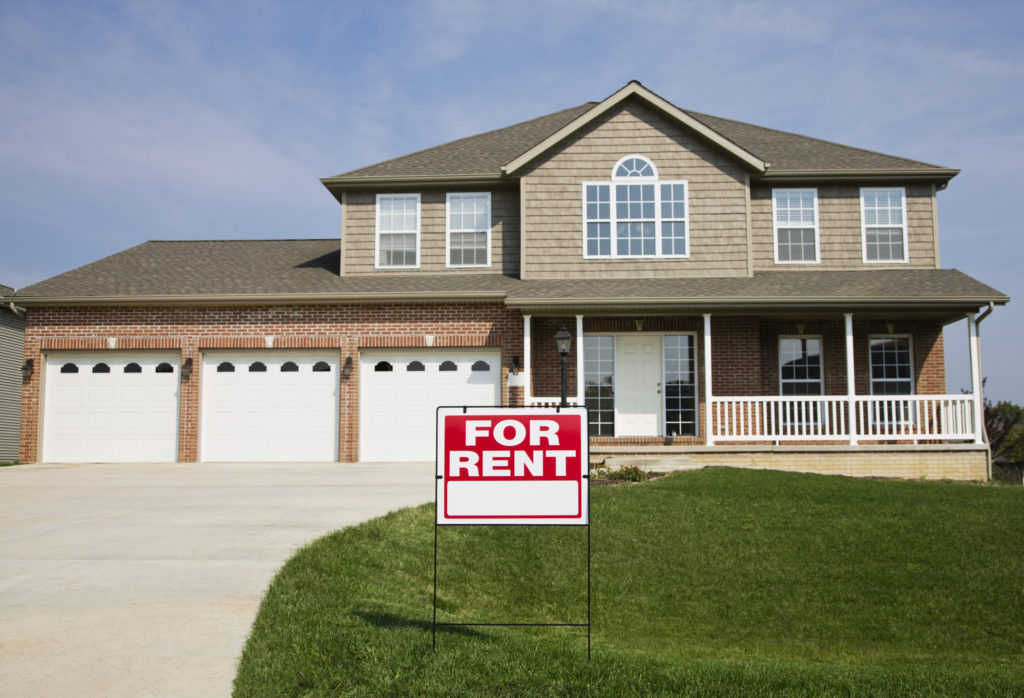Does Owning a Rental Property Help Decrease Your Taxable Income?
Renting out a property is a popular way to earn additional income, but with that income comes the responsibility of navigating tax rules. One of the most common questions I’m asked is whether rental properties can help reduce taxable income. The answer is: it depends. There are two main ways rental income is taxed—passive and active—and understanding the difference between these classifications is essential to maximizing your tax benefits.
What is Rental Income?
Rental income includes rent payments, advance rent, certain tenant-paid expenses, and even services provided by the tenant in lieu of rent. If a tenant provides services (for example, property maintenance) instead of paying rent, the fair market value of those services must be reported as rental income. All of these must be reported on your tax return. Fortunately, there are many deductions available that can significantly reduce your taxable rental income, which we will explore below. By understanding the different ways rental income is classified, you can better plan for potential tax benefits and liabilities.
Passive vs. Active Rental Income
Passive Income and Losses:
Most rental properties fall under the category of passive income, meaning any income or losses are typically considered passive activity. Passive losses are generally non-deductible against ordinary income unless you actively participate in managing the rental. If you have active participation (such as making management decisions like approving tenants, setting rental terms, etc.), you may be able to deduct up to $25,000 of passive losses against your ordinary income.
However, there are income limitations: – For married couples filing jointly, if your adjusted gross income (AGI) is below $100,000, you can deduct the full $25,000 of losses.
– If your AGI is between $100,000 and $150,000, the deduction phases out. The deduction limit is reduced by $0.50 for every dollar of AGI above $100,000.
– Once your AGI exceeds $150,000, passive losses are no longer deductible unless offset by
passive income. For single filers or those filing as head of household, the income phase-out thresholds are lower. If your losses exceed these limits, they are suspended and can be carried forward to future years or used when you sell the property.
Active Income and Losses:
Short-term rentals (such as Airbnb or Vrbo), where tenants stay for short periods and you provide services similar to a hotel (like cleaning or concierge services), generate active income. The advantage of active income is that any losses incurred can be deducted against your ordinary income, providing a more immediate tax benefit. However, if your short-term rental generates a substantial profit, you may be subject to self-employment tax.
Deductible Rental Expenses
Whether your property generates passive or active income, you can deduct many rental-related expenses. Some common deductible expenses include:
– Mortgage interest
– Property taxes
– Insurance
– Utilities
– Maintenance and repairs
– Advertising
– Property management fees
– Travel expenses incurred while managing and maintaining the property, such as visiting the property for inspections or repairs.
While you don’t need to provide documentation for these expenses upfront, it’s important to keep accurate records in case your tax return is ever reviewed by the taxing authorities.
Capital Improvements vs. Regular Expenses
It’s important to distinguish between capital improvements and regular expenses. Capital improvements—such as installing a new roof, upgrading appliances, or adding a deck—add value to the property or extend its useful life. These improvements must be depreciated over time rather than deducted immediately. According to tax law, the cost of the property, including purchase price, closing costs, and certain improvements, must be depreciated. On the other hand, regular expenses—such as repairs, cleaning, and management fees—can be fully deducted in the year they are incurred.
Depreciation: A Powerful Tax Tool
Depreciation allows you to recover the cost of your property over time. For passive long-term rentals, the IRS allows you to depreciate the cost of the building (not the land) over 27.5 years. This deduction can significantly reduce your taxable rental income each year. For active short-term rentals, which are considered commercial rentals, depreciation is spread over 39 years.
However, there are ways to accelerate depreciation for both types of rentals. One common method is a cost segregation analysis, which breaks down the components of the property (such as appliances or flooring) to depreciate them faster than the building itself.
Selling a Rental Property
When you sell a rental property, depreciation recapture rules require you to “recapture” the depreciation you’ve claimed over the years, which can increase your taxable gain. However, if you have accumulated passive losses that were previously disallowed due to the passive loss limitation rules, these losses can be “freed up” and used to offset the gain, reducing your overall tax liability.
Owning a rental property can provide significant tax advantages, but it’s important to understand how your rental income is classified—whether passive or active—as this determines how your income and losses are taxed. With proper planning, you can maximize deductions, leverage depreciation, and minimize your taxable income. If you have questions about how to optimize your rental property for tax purposes or want guidance on navigating these tax rules, schedule an appointment with us today. We can help ensure that you’re making the most of the tax benefits available to you as a rental property owner.

